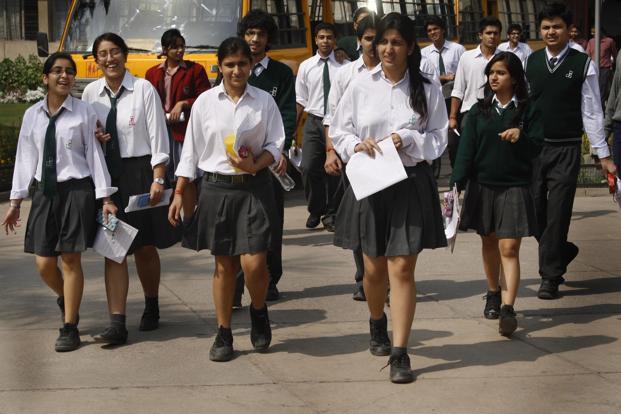
The IBM survey analysed results of recent studies on the state of higher education globally and how start-ups and skills needs are impacting higher education in India. Photo: Mint
New Delhi: Higher education in India has a long way to go to keep up with changing times, results of an IBM India survey showed.
The IBM study titled Upskilling India – Building India’s talent base to compete in the global economy was based on survey of India’s education leaders. A whopping 61% respondents said India’s higher education is slow in responding to changing social demands and needs; 59% said the system has difficulty maintaining relevant curriculum; 56% pointed out the system’s inability to provide cheaper access to education; 54% see a lack of interaction between industry and academia; and 52% sees insufficient teaching resources.
The study conducted by the IBM Institute for Business Value in cooperation with the Economist Intelligence Unit surveyed 289 education leaders across five major roles—academic leadership, senior educator, corporate recruiter, corporate learning executive, and educational innovator.
It analysed results of recent studies on the state of higher education globally and how start-ups and skills needs are impacting higher education in India. Indian executives’ responses indicate the higher education sector falls short in meeting the needs of students (52%), industry (37%) and the society (35%), the survey said.
“We are working with the government, trying to give them a message that there is a blue collar job, a white collar job, and in between a new collar job. It is the new collar jobs that we would like to partner with the educational institutes for,” D.P. Singh, vice president and head – HR, IBM India/ South Asia, told Mint.
He said IBM is working with various state governments to design and support curriculums, provide mentorship and training, industry exposure, paid internships and first-in-line job opportunities based on merit.
In an email response earlier this month., IBM India told Mint that the company, along with select few government partners, are preparing and planning to commence the P-TECH 9-14 School Model, beginning June 2018. “IBM created this model in the US…Through the model, high school, college and industry partner together to ensure that students graduate with a post-secondary degree and the skills necessary to earn competitive, well-paying jobs,” added Singh.
Corporates can play a key role in improving India’s skill development sector and contribute progressively to make it world class, an expert said. “The government’s announcement to review and revise our national policy on education in order to meet the changing needs of the society and industry is a step in the right direction. However, it is pertinent to add that the policy has been in works for the last three years,” said Rohin Kapoor, director, Deloitte.
Deloitte’s Kapoor see technology as a big enabler for altering the entire learning ecosystem.
“Unfortunately, we have not been able to lay down guidelines for its effective integration. Urgent steps need to be taken in consonance by government, academia and industry to achieve the desired results,” Kapoor added.
[“Source-livemint”]












